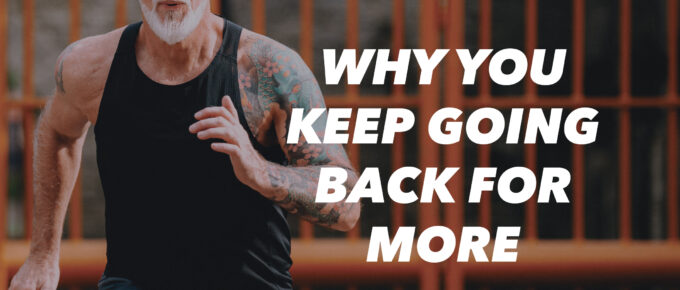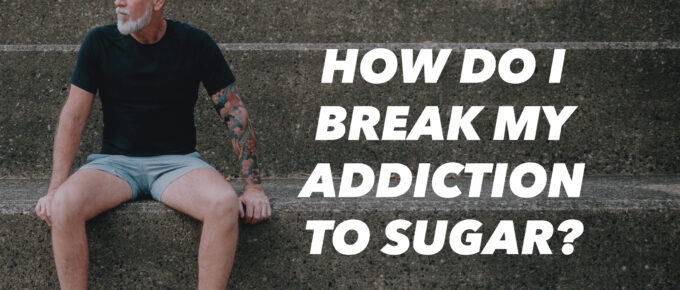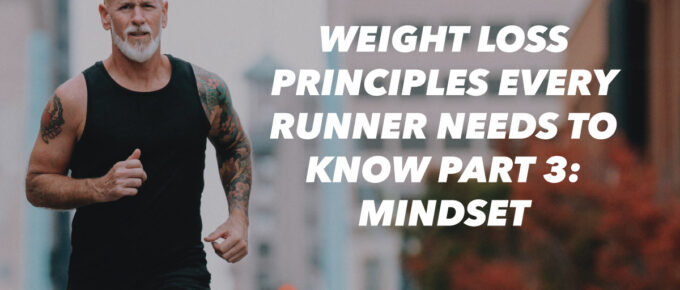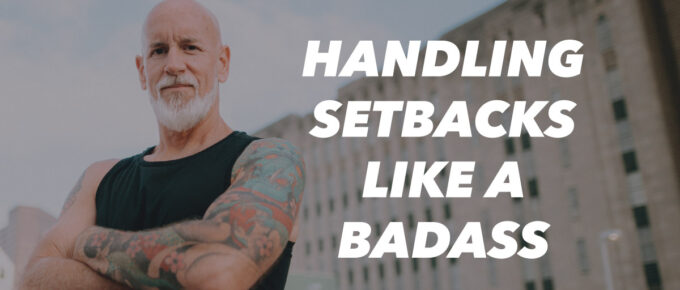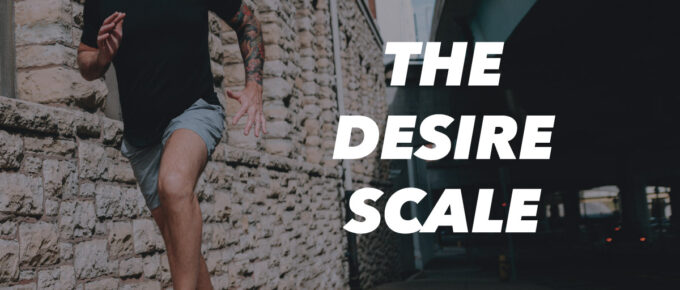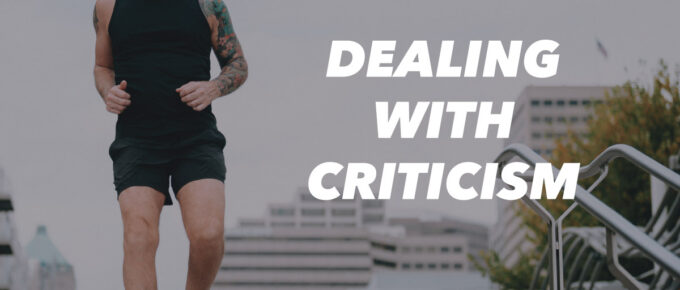Have you ever caught yourself eating something that you know is bad for you, but you do it anyway? Have you ever changed your eating patterns for a period of time and then found yourself going back …
Continue Reading about 197. Why You Keep Going Back for More →

